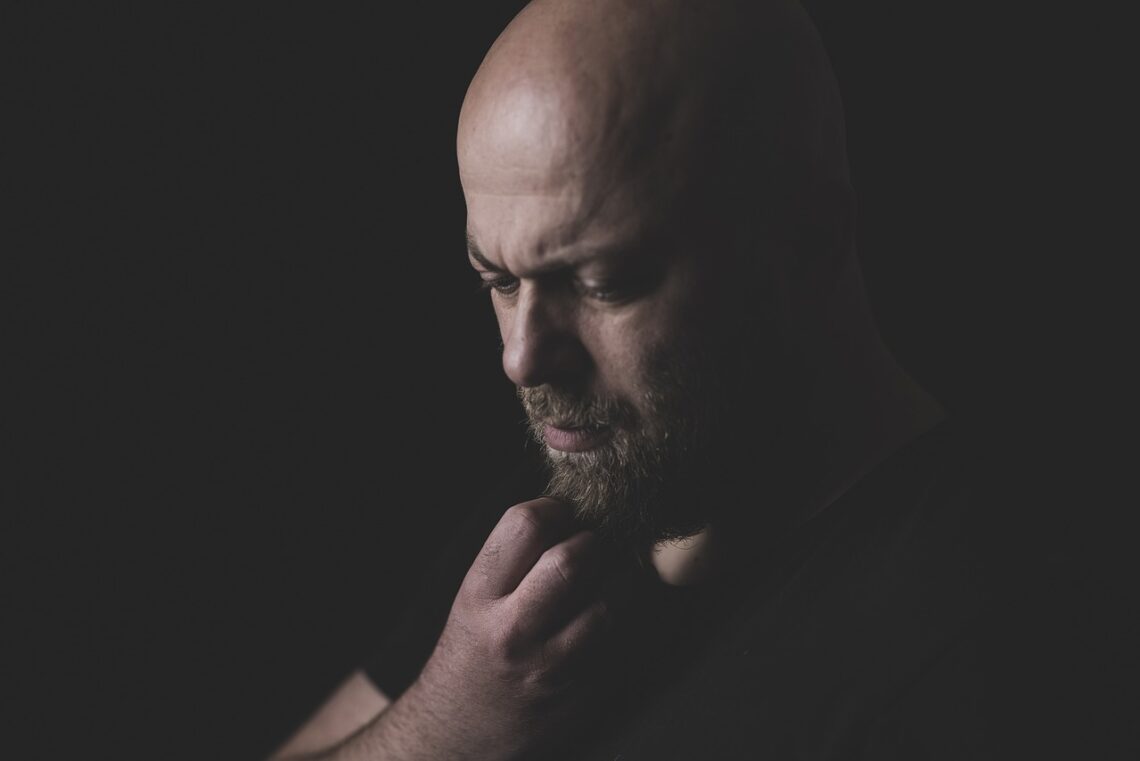
Hair Transplant: When is the Best Time to Have One?
Deciding to undergo a hair transplant is a significant choice that involves careful consideration of various factors. From concerns about hair loss to the desire for a fuller, natural-looking head of hair, individuals contemplating a hair transplant often find themselves pondering the optimal time to undergo this transformative procedure. In this article, we highlighted the key considerations that can help determine when the best time is to embark on the journey of a hair transplant.

- Personal Readiness:
Beyond physiological considerations, personal readiness is a key factor in deciding the best time for a hair transplant. The emotional preparedness to undergo a transformative procedure, commitment to post-surgery care, and realistic expectations all contribute to a successful outcome. Taking the time to assess one’s own readiness ensures a positive and confident approach to the entire process.
Additionally, addressing any psychological concerns or misconceptions about the procedure before undertaking it is vital for a smooth and successful experience. Recognizing the emotional aspects and psychological well-being in the decision-making process enhances the overall satisfaction with the results. For those considering a hair transplant, it’s worth noting that Turkey can be a viable option, given its renowned status for hosting world-class clinics and skilled professionals. - The Stage of Hair Loss:
One of the primary considerations when contemplating a hair transplant is the stage of hair loss. Hair transplants are most effective when hair loss has stabilized. If the loss is still progressing, it may be advisable to wait until it reaches a more predictable pattern. It’s also essential to recognize that hair loss follows distinct patterns, and a stabilized stage enhances the precision of the transplant procedure.
Monitoring fluctuations in hair density and consulting regularly with a specialist ensures timely decision-making for optimal results. Turkey, a renowned destination for hair transplant procedures, offers state-of-the-art clinics and skilled professionals who specialize in addressing various stages of hair loss. You can select from the array of specialized clinics that offer a comprehensive Turkey Hair Transplant Package. Ensure you remember to select the right package tailored to your specific needs. - Age and Stability:
Age plays a pivotal role in the decision-making process for a hair transplant. While there is no strict age limit for the procedure, individuals in their late 20s to 50s often find themselves in the ideal range. Hair loss patterns tend to stabilize during this period, ensuring a more predictable outcome. It’s important to consider both the current extent of hair loss and the long-term stability of hair loss patterns.
Moreover, recognizing that the effectiveness of the procedure is often influenced by age-related factors, individuals in their late 20s may experience enhanced results due to better overall hair quality and growth potential. Considering age as a factor also emphasizes the importance of early intervention for those experiencing premature hair loss to achieve optimal results. - Seasonal Considerations:
The recovery period after a hair transplant requires a degree of downtime. Considering seasonal factors may be practical for some individuals. Opting for a hair transplant during a period when you can comfortably wear a hat or when outdoor activities are limited may enhance the recovery experience.
Moreover, aligning the surgery with seasons that allow for minimal sun exposure reduces the risk of complications and promotes a more comfortable healing process. Taking advantage of cooler months for the procedure can contribute to a smoother recovery and ensure optimal results. Seasonal considerations also extend to lifestyle factors, such as work commitments and social obligations, allowing individuals to plan their transplant at a time when they can prioritize rest and recovery. - Overall Health:
Good physical and mental health are essential prerequisites for any surgical procedure, including hair transplants. It’s crucial to address any underlying health issues before considering a hair transplant. This ensures a smoother recovery process and enhances the chances of a successful outcome. If you have any chronic health conditions, it’s important to discuss them with your healthcare provider and hair transplant surgeon.
Maintaining good overall health not only contributes to a smoother recovery but also positively impacts the overall effectiveness of the hair transplant procedure. Adequate hydration, a balanced diet rich in essential nutrients, and regular exercise can all play significant roles in optimizing the body’s ability to heal and support the growth of transplanted hair follicles.
Conclusion
In the realm of hair restoration, timing is a crucial element in achieving the best results. Whether
prompted by a desire for increased self-confidence or a proactive approach to address hair loss, the
decision to undergo a hair transplant should align with individual circumstances and goals.
By weighing factors such as age, the progression of hair loss, and personal readiness, individuals can
make informed choices about the ideal time for a hair transplant. Consulting with experienced
professionals and taking the time for thorough research will contribute to a successful and satisfying hair restoration experience.




